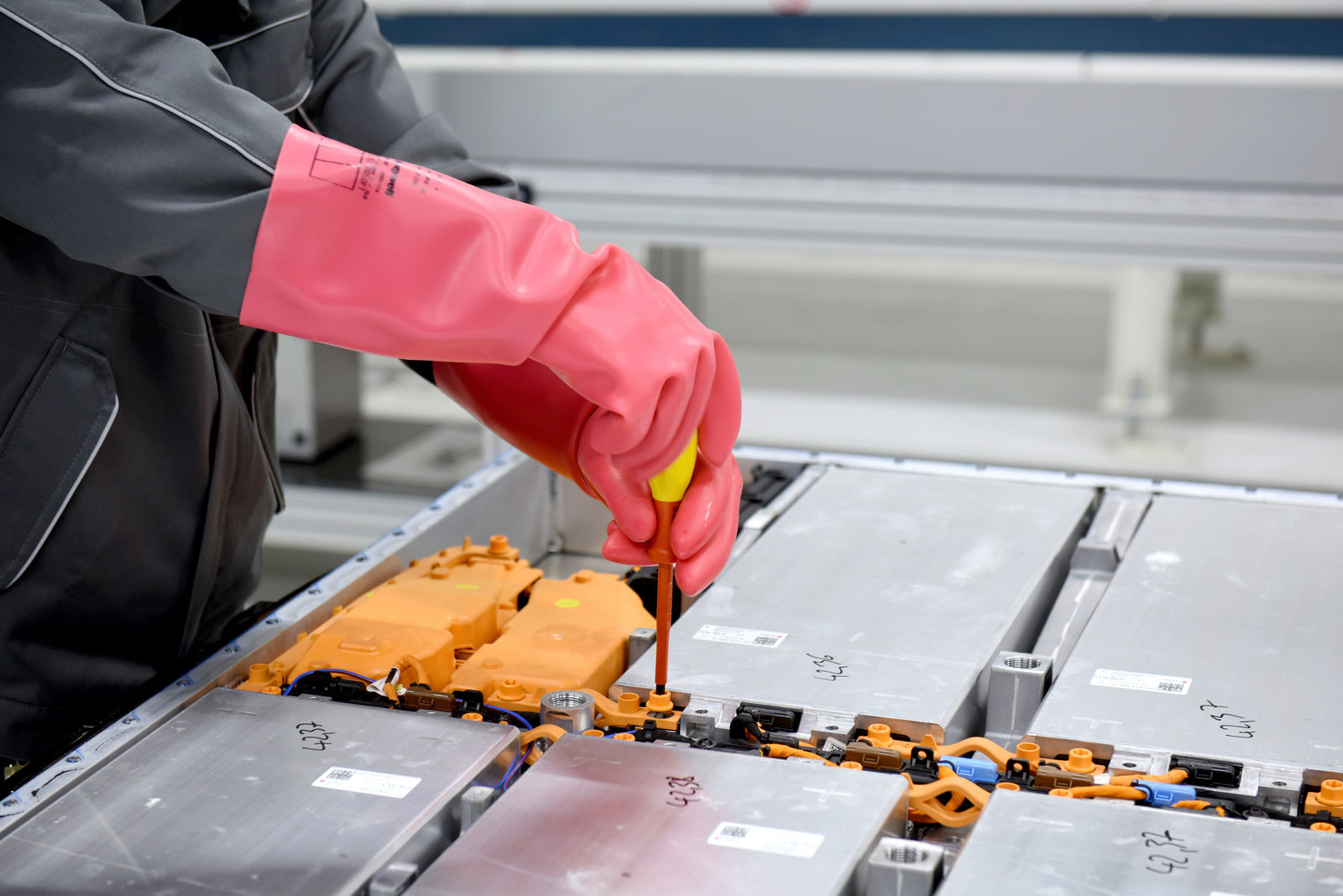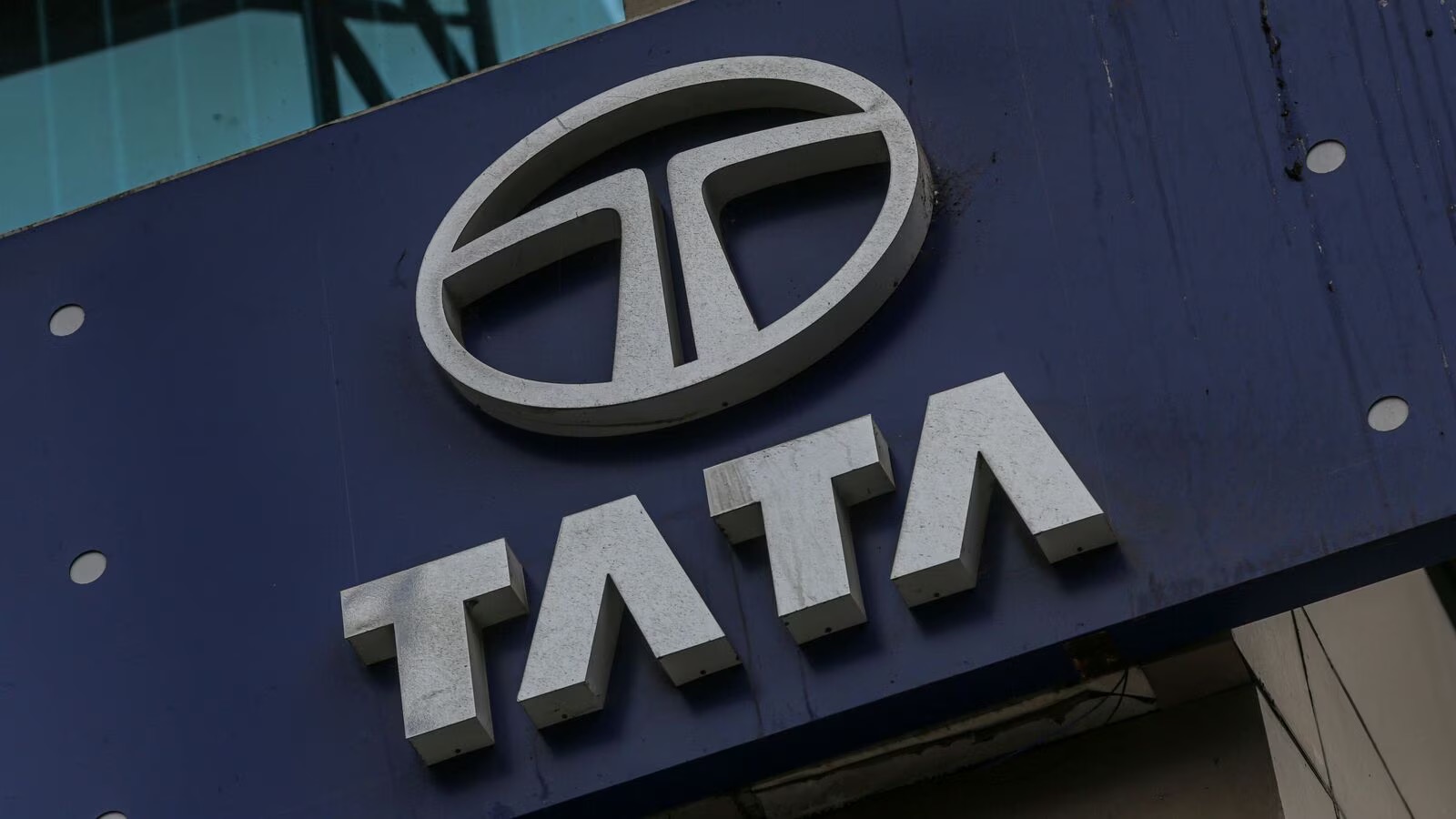Share This Article
Tata bets on battery production for electric vehicles
India’s Tata Corporation plans to expand its battery production for electric vehicles. To this end, it has earmarked USD 1.6 billion for the construction of a plant. Tata Agaratas, a subsidiary of the Tata Group, will carry out the work.
An agreement to set up an innovative lithium-ion battery manufacturing facility has already been signed by representatives of the company and the authorities of the state of Gujarat, where the plant will be located. According to the plans, the plant’s production capacity will be 20 GWh. The plant will create around 13,000 jobs in the region.
Investments in electrification
The construction of the Tata plant will help India meet its environmental targets. The country aims to achieve zero carbon emissions by 2070. Such plans are quite ambitious for the world’s most populous nation. One step towards achieving this goal is to increase the number of electric vehicles, but India is lagging behind the US and China in this area.
The new plant will make the region a leader in battery production in the country. This is vital for Gujarat’s development, and the local government has fully supported the project.

Like others in the automotive industry, the Tata Corporation is increasing its investment in electric car production. Its Jaguar Land Rover brand recently announced its intention to build battery manufacturing facilities. Manufacturers considered two countries to locate the facility: Great Britain and Spain. The former was chosen after the British government offered financial support to the company. Tata had previously announced that by 2025 it would only produce electric and hybrid cars under the Jaguar brand. Land Rover will launch its first electric model in 2024.
Tata chip manufacturing
Another move by Tata towards electrification is the development of its chip manufacturing business. The Tata Electronics division has been created for this purpose and is seeking partners to set up an innovative facility in India. The plan is for this facility to test and produce chips. Among the potential partners, Tata is considering companies from Taiwan, the US, Korea and Japan. In addition, in June 2022, the company started a collaboration with the Japanese company Renesas to produce electronic components for cars.
In the distant future, the Indian group wants to start processing silicon wafers and producing crystals. Market trends dictate such plans. Experts predict that the value of India’s semiconductor segment will double to USD 64 billion by 2026. The relocation of European companies from China to other countries, including India, is playing an important role.

